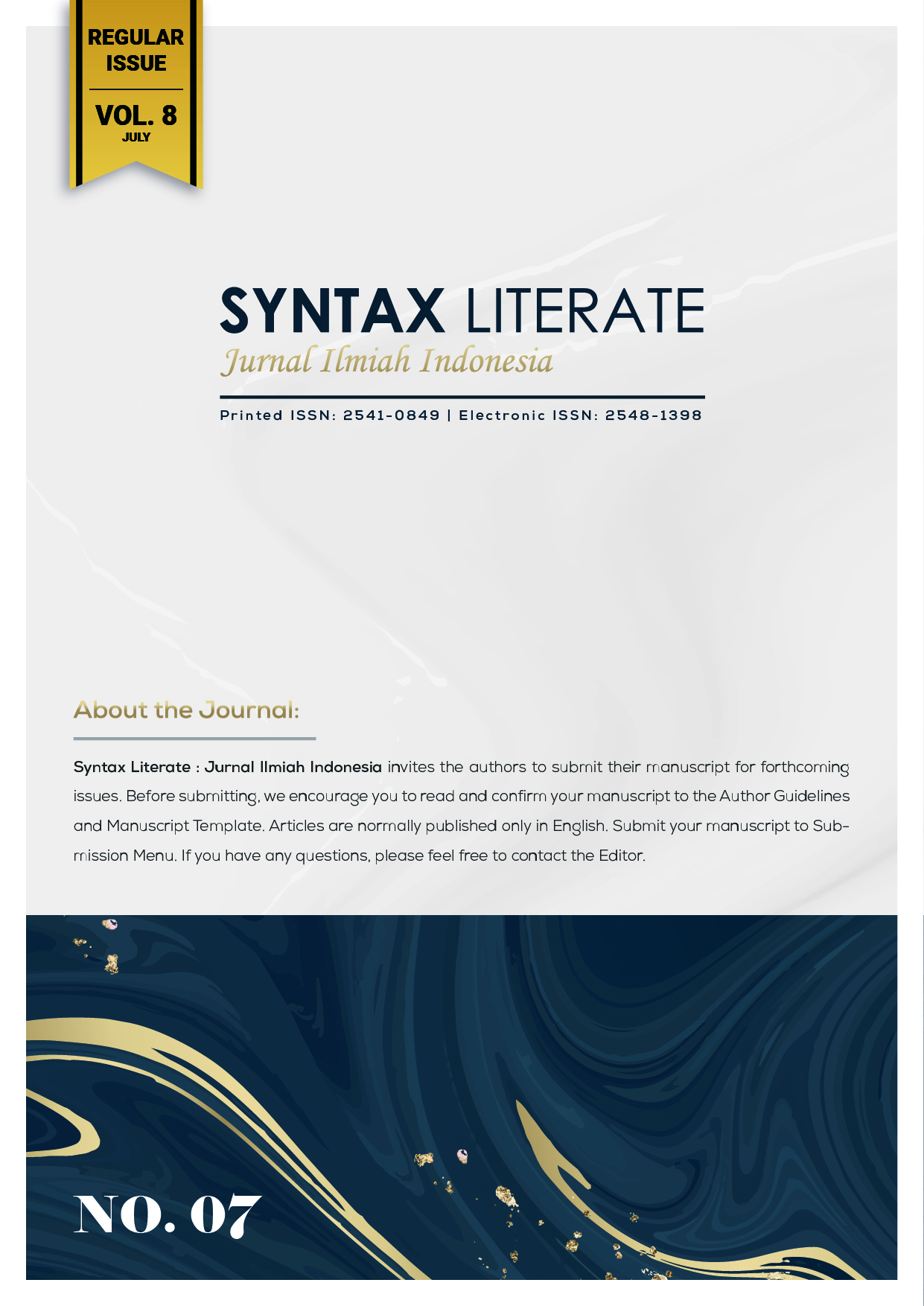Tugas dan Kewenangan Komisi Pemberantasan Korupsi (Kpk) dalam Tindak Pidana Korupsi yang Dilakukan Penyelenggara Negara
Abstract
This study aims to obtain information and analyze the law regarding the duties and authorities of the corruption eradication commission in corruption crimes carried out by state administrators based on Law No. 19 of 2019 concerning the Second Amendment to Law Number 30 of 2002 concerning the Corruption Eradication Commission. Using the approach method in this study is a normative juridical approach. The formulation of the problem in this study is: What are the Duties and Authorities of the KPK in Corruption Crimes carried out by State administrators? and What is the punishment for state administrators who commit criminal acts of corruption? So far, what has happened in Indonesia has involved state administrators who carry out executive, legislative and judicial duties by abusing their power in various activities and / or actions in a hidden and systematic manner, to obtain benefits for personal or group interests. This is clearly contradictory in Pancasila and the 1945 Constitution which implies that the State does not use power for extravagance and a luxurious lifestyle, thereby promoting the general welfare. In its development there is an emphasis that the State does not use power for extravagance and lavish lifestyles, thereby promoting the general welfare. In its development, there is an emphasis that corruption is an act of abuse of power or public position for private interestsDownloads
Copyright (c) 2023 Mesyta Hastin, Fakhlur Fakhlur

This work is licensed under a Creative Commons Attribution-ShareAlike 4.0 International License.











